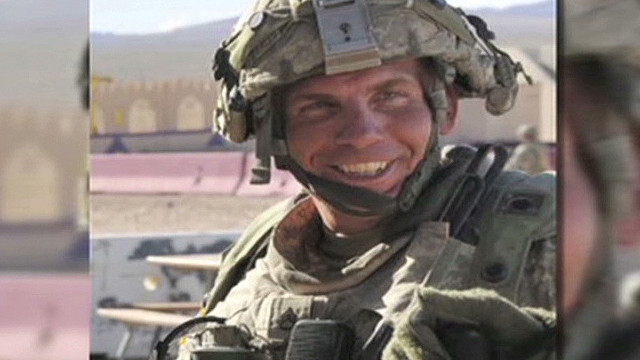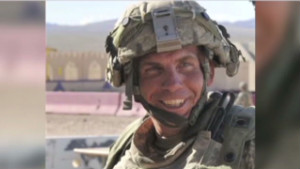
- NEW: U.S. military officials have not obtained DNA evidence from the sites of the killings
- NEW: Bales told a U.S. Army roommate he had been killing Afghans, an official says
- A shooting rampage in Afghanistan killed civilians in two villages,
- Staff Sgt. Robert Bales has been charged with 17 counts of murder in the slayings
Kabul, Afghanistan (CNN) -- U.S. military officials have yet to gain access to the sites in which 17 Afghans were killed in Kandahar, an obstacle that could impede efforts to prosecute the American soldier accused of the multiple homicides.
U.S. personnel had not been able to collect DNA from the sites or access the areas, although DNA collected by Afghan investigators may have been received, an official said.
However, DNA has been found in blood on the clothing of the suspect, Staff Sgt. Robert Bales.
"We do not have access to the crime scene," said the U.S. official, who has knowledge of the investigation but did not want to be identified discussing an ongoing inquiry.
His account gives new insight into what apparently occurred the night of the attacks on two villages in the Panjwai district, near a remote U.S. outpost.
 Afghan massacre victims share grief
Afghan massacre victims share grief  Bales' attorney: Tough case to prove
Bales' attorney: Tough case to prove  Lawyer: Suspect has memory loss
Lawyer: Suspect has memory loss  Bales' wife: 'He seemed a bit confused'
Bales' wife: 'He seemed a bit confused' The official said Bales, 38, was meant to have been on duty guarding the base that night, and would have had full body armour and weaponry as standard.
He said he did not think alcohol had fueled the crime. "I do not think that drinking played a big role, but there may have been some level of drinking," the official said.
Bales was first spotted leaving the base around 1 a.m. by an Afghan guard. It is not clear why the guard did not alert Bales' superiors at that time, and the official said Bales was not noticed when he returned to the compound an hour later.
It was then, during about 30 minutes when he was on the base, that he returned to his accommodation and woke at least one roommate, another U.S. army soldier, the official said.
"The exact conversation is unclear," the official said, but Bales claimed he had been killing Afghan civilians off the base, which his roommate dismissed as nonsense.
A different Afghan guard then saw Bales leave the base a second time. He alerted his command that someone had left the outpost, and the information was passed to the U.S. soldier in charge of the base.
"The whole base was woken up," the official said, for an accountability check -- a rare instance in which a small unit of soldiers on a base have to count their number.
A search party was then formed, but within a few meters of leaving the compound, it ran into Bales, who had been spotted by a surveillance camera returning toward the base.
That was at 3:30 a.m., approximately two-and-a half hours after he first left the base, the official said, stressing that fashioning a precise timeline of that night has proven challenging.
US soldiers noticed Bales had blood on him, and he dropped to the ground saying nothing, the official said.
Bales has maintained his silence on the killings ever since, the official said, his last words to U.S. personnel being to his roommate.
In response to suggestions Bales was traumatized in part by a recent injury to a U.S. colleague, the official said that 3 to 4 days earlier a soldier stationed at the base had lost a leg in an explosion nearby but that there was no reason to suspect Bales had been present at the scene of that blast.
In addition to the 17 charges of murder "with premeditation," Bales faces six counts of attempted murder and two counts of assault.
He was returned to the United States earlier this month and is being held at Fort Leavenworth, Kansas.



